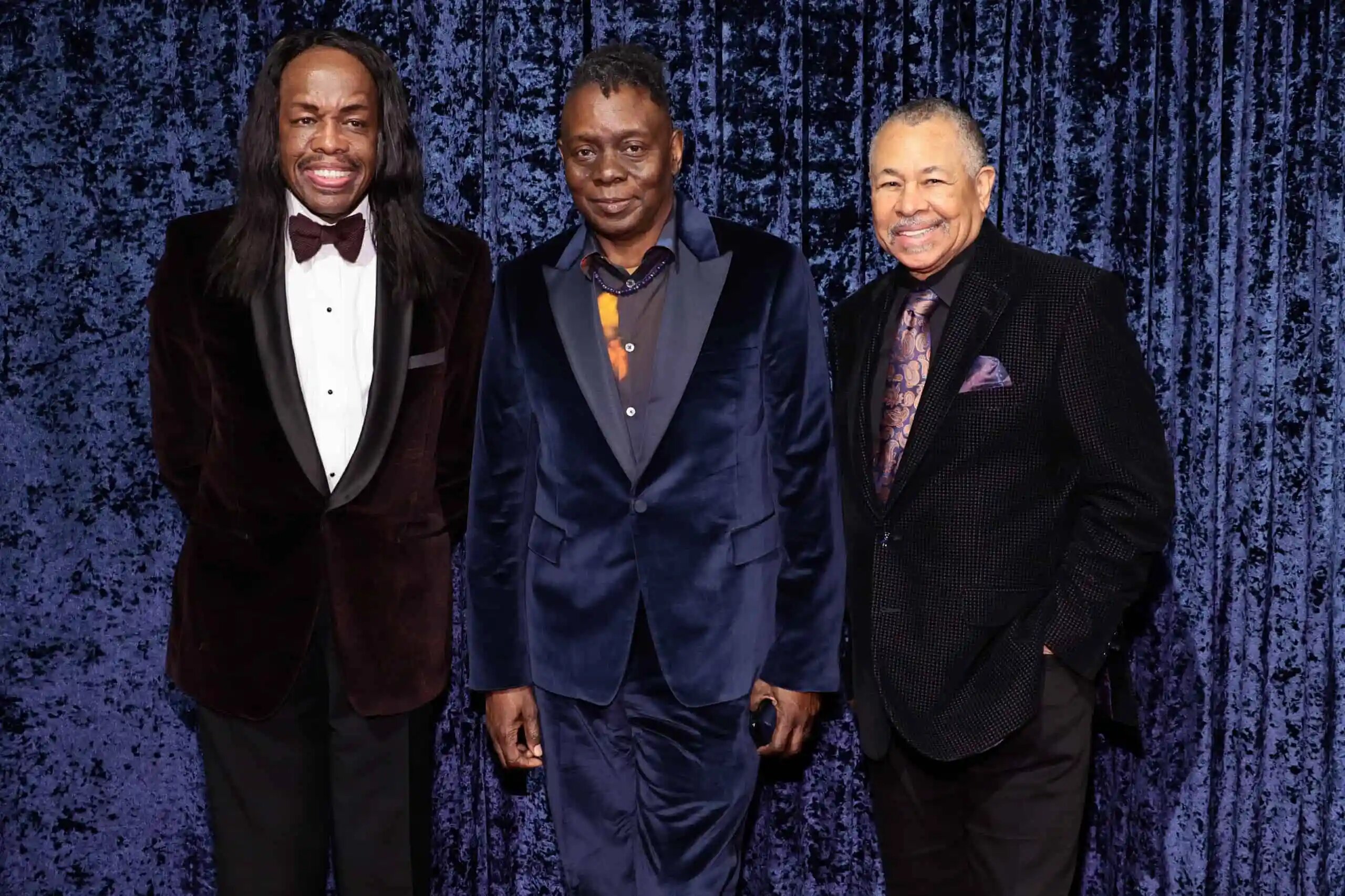

Last Saturday evening we celebrated a national holiday. You know which one — the 21st night of September! This past summer, I had the opportunity to see Earth, Wind & Fire (the group responsible for “September”), along with the band Chicago, in concert. I’ll be honest — I enjoy some Earth, Wind & Fire songs, but I’d been trying to get tickets to see Chicago for years, and Earth, Wind & Fire just happened to be a bonus. Chicago was (unsurprisingly) amazing, but I walked out of that concert as a newly minted Earth, Wind & Fire fan. I’ve since listened to more of their music, and decided that in honor of Sept. 21, it was time for a review of their 1979 album I Am.
The album begins with “In the Stone,” a song about the permanence of love, which Genius contributors describe as “a marching band classic.” True to form, the trumpet plays a key role here, acting as the glue to the song in a very (appropriate) Chicago-esque way. “Can’t Let Go” is a cross between funk and soul that’s easy to sing along to and embodies that unique Earth, Wind, & Fire sound — one that blends genres ranging from R&B to disco and is compulsively danceable.
I had known “After the Love Has Gone” before I went to the concert, and it remains one of my favorite Earth, Wind & Fire songs. It was absolutely incredible to witness in person; the harmonies during the chorus seem impossible to replicate, especially after losing some of the group’s members, but they managed to do so with unimaginable precision. Verdine White, the band’s bassist and one of its founders, said of the song: “The track was based on a vibe. We cut it about six, seven times, and Maurice [White] just said, ‘No, it’s not right yet. We’ll come back and get it tomorrow. It’s not right yet.’ And then one day we nailed it, and it was right. The way it felt…it sounded like Earth, Wind & Fire.”
The ending instrumentals of “After the Love Has Gone” flow right into the introduction to “Let Your Feelings Show” … in my opinion, one of the coolest things about this album. It has a catchy hook and features vocals that sit at a lower octave, demonstrating the group’s remarkable range. It almost sounds like something from OutKast (although we know which came first).






